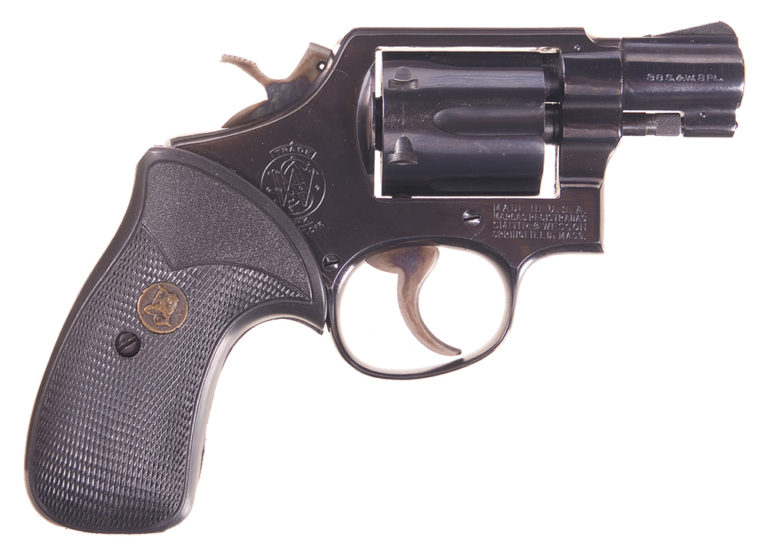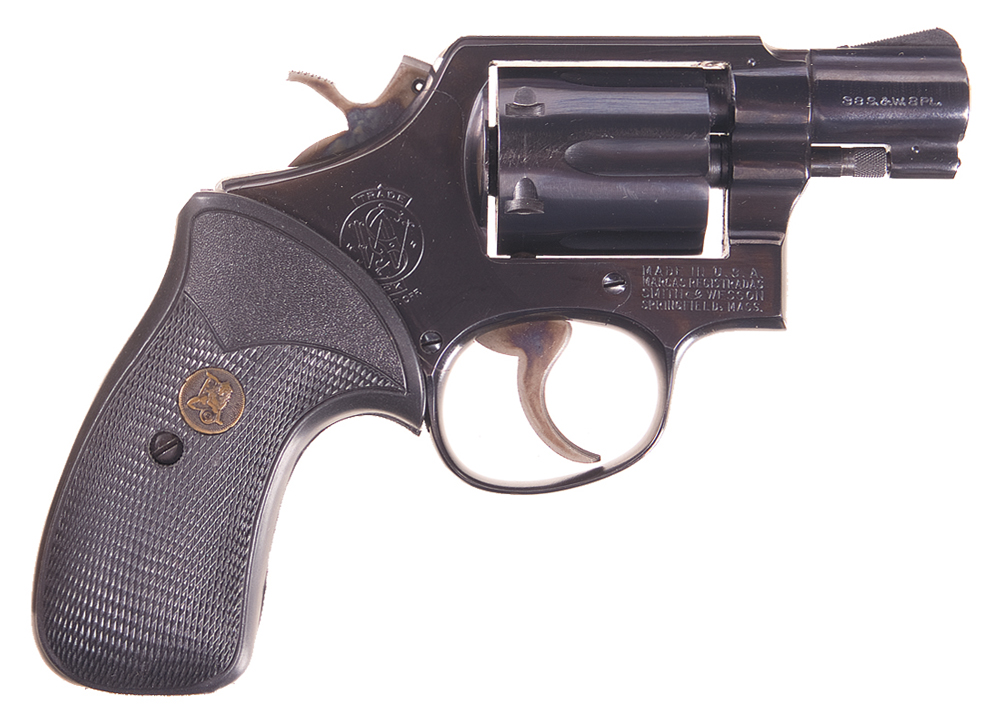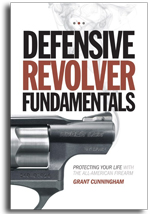

When it comes to training with a handgun, sometimes less is more.
While at a public range recently an elderly gentleman in clean but dowdy clothes walked slowly up to the station next to me on the right. We nodded a civil “Hello” to each other and out of the corner of my eye I watched him open a small, scuffed-up canvas bag.
Out of it came hearing protectors, a well-worn 4-inch Smith Model 10 revolver in .38 Special, and a white kitchen wind-up timer.
We walked forward to the ten-yard target. He asked me, “Do you mind picking up my target? I’m only going to be here a little while.”
“Sure,” I said. And now I was really intrigued.
The range officer gave the clear-to-fire command. I dawdled to keep my eye on him.
From a new box of ammo, he loaded two .38’s in the gun, set the cylinder carefully to rotate counter-clockwise (a good sign that he knew what he was doing) and placed it back on the bench. He then gave the timer a little turn and stood relaxed and ready.
More From Joseph Terry:
At the “ping” of the timer, he moved with surprising alacrity, picked up the revolver and fired two double action shots in rapid succession, single-handed.
His target now wore two holes about four inches apart—one in and one just outside the bullseye. With hardly a pause, he got out a small jar of Hoppe’s and cleaned the gun.
Not saying a word, he put his gun away and turned my way to leave while the line continued to shoot. I gave him a thumbs-up and a grin.
He responded with a little nod and a sly wink of his eye.
When the line was cleared to check targets, one of my friends asked me, “What was wrong with that guy?”
I pointed at his target and replied, “Absolutely nothing.”
Recommended:
 Defensive Revolver Fundamentals by Grant Cunningham. Click here to get your copy.
Defensive Revolver Fundamentals by Grant Cunningham. Click here to get your copy.

![Best Concealed Carry Guns In 2025 [Field Tested] Wilson Combat EDC X9S 1](https://gundigest.com/wp-content/uploads/Wilson-Combat-EDC-X9S-1-324x160.jpg)


![Best 9mm Carbine: Affordable PCCs [Tested] Ruger Carbine Shooting](https://gundigest.com/wp-content/uploads/Ruger-Carbine-Shooting-100x70.jpg)
![Best AR-15: Top Options Available Today [Field Tested] Harrington and Richardson PSA XM177E2 feature](https://gundigest.com/wp-content/uploads/Harrington-and-Richardson-PSA-XM177E2-feature-100x70.jpg)

Actually Claude, an old school, white, crank-type kitchen timer. Joe.
Most likely, it was a bullseye timer, not a kitchen timer.